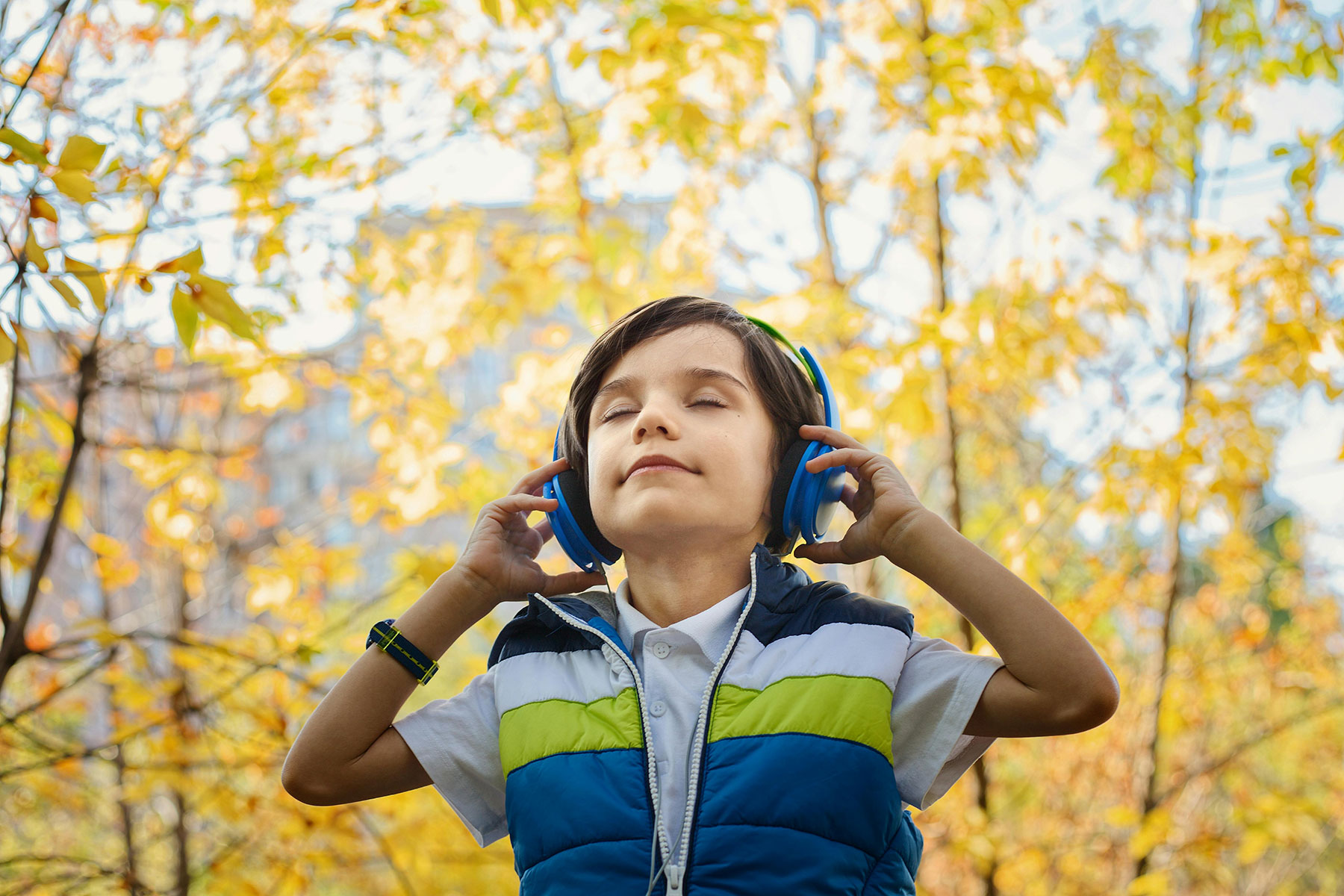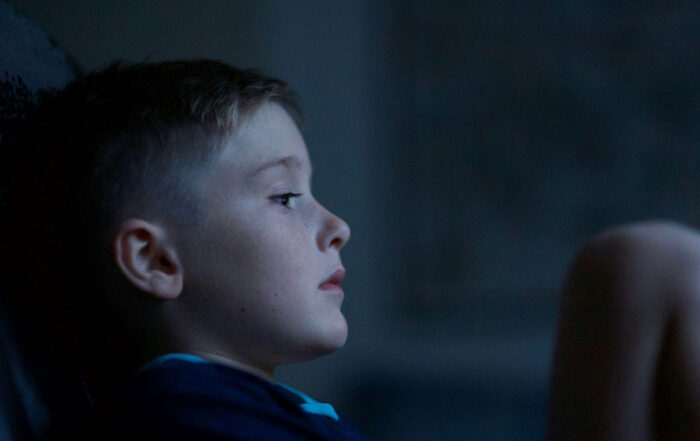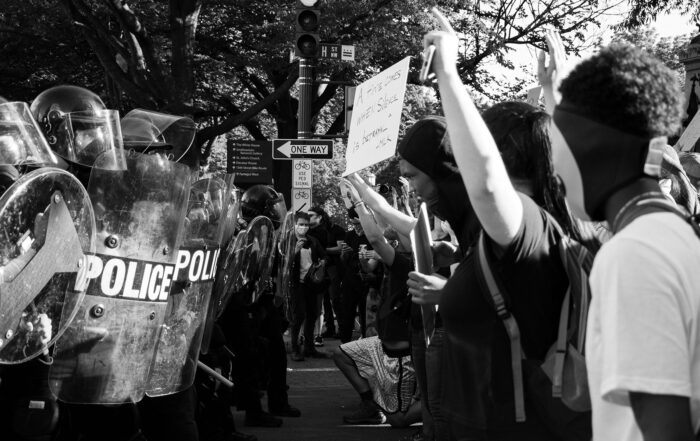
By Barbra Weidlein
Trauma settings
Music therapists have been called upon to support the recovery of individuals and communities following horrific events as well as natural disasters. Settings have included New York City metropolitan area after the 9/11 terrorist attacks; New Orleans after Hurricane Katrina; Umpqua Community College after a mass shooting on campus; various war- and post-war zones; and other disaster recovery situations.
According to the American Music Therapy Association, music therapy addresses trauma by providing:
• Non-verbal outlets for emotions associated with traumatic experiences
• Anxiety and stress reduction
• Positive changes in mood and emotional states
• Active and positive participant involvement in treatment
• Enhanced feelings of control, confidence, and empowerment
• Positive physiological changes, such as lower blood pressure, reduced heart rate, and relaxed muscle tension
“With individuals who have experienced trauma,” says Jim Borling, director of Radford University’s Music Therapy program, “music becomes an outlet for expressing emotion. Music therapy has a way of letting people know that it is ok to feel what you are feeling. It is ok to acknowledge what has happened.”
Borling brought his skills as a music therapist to Newtown, Connecticut where a 2012 shooting at Sandy Hook Elementary School took the lives of 20 children and six staff members, and to Virginia Tech (Virginia Polytechnic Institute and State University) after a campus shooting in 2007 killed 32 and injured many others.
Share This Post!
Afraid to sleep indoors: Child survivors of deadly quake left traumatized
By Zeena Saifi, Dalya Al Masri and Nadeen Ebrahim, CNN For victims in Syria, the earthquake is another crisis amid a devastating 12-year civil war. Children and families who were recovering from PTSD and ongoing trauma from [...]
How to Cope with Vicarious Trauma Caused by Videos of Police Brutality
By Jade Hindmon, NPR Many of us spent recent days thinking about the life of a man we never met. And yet, particularly for Black people, know very well. Tyre Nichols [...]
The Effects of Racial Trauma on Mental Health: Deaths Captured on TV and Media
National Alliance on Mental Illness Racial tension is once again at a critical tipping point in the U.S. Many people have asked, “Why now? Why was the death of George Floyd [...]
Behavioral Health Specialists Help Locals Kick the Winter Blues
By Brian D. King Christmas, New Year’s, and the winter months feel blue to many. While the season brings together family, which for many is a source of joy, but for [...]
Penn State Researchers Publish Study on Adolescent Recovery from PTSS
By Melissa Krug Children in the United States may be exposed to a high rate of adverse experiences that result in post-traumatic stress symptoms (PTSS), which can appear as feelings of [...]
Break the Silence; New Intensive Online Program to Help PTSD, Trauma and Anxiety
Purple Heart Behavioral Health This innovative new online program offers treatments that have been scientifically shown to be effective in helping people overcome these difficulties. Clinically proven treatments delivered conveniently through [...]







